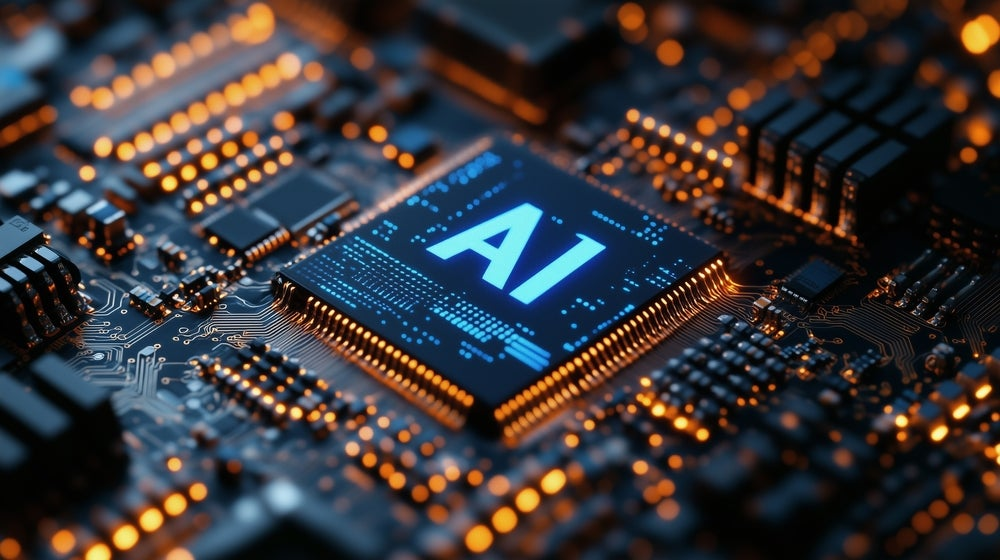According to CNBC, Benoit Dupin, Senior Director of Machine Learning and Artificial Intelligence at Apple, spoke at Amazon’s AWS re:Invent conference in Las Vegas about how Apple leverages custom AI chips from Amazon Web Services (AWS) in many of its cloud services. Apple is also evaluating Amazon’s latest AI chips for pre-training its Apple Intelligence models.

“We have a strong relationship, and the infrastructure is both reliable and capable of serving our customers worldwide,” said Dupin.
Apple’s participation in Amazon’s conference and its adoption of the company’s chips signify a strong endorsement of AWS as it competes with Microsoft Azure and Google Cloud for AI investments. Apple also utilizes these competing cloud services.
During the event, Dupin highlighted that Apple has been using AWS chips, such as the Graviton and Inferentia, for over a decade to power services like Siri, search, the App Store, Apple Music, Apple Maps, and more. By leveraging these chips, Apple has achieved a 40% improvement in efficiency compared to Intel and AMD’s x86 chips.
Dupin further confirmed that Apple is currently testing AWS’s latest AI training chip, Trainium2. He stated that Apple expects “up to a 50% improvement in efficiency with pre-training” using the Trainium2 chip.
AWS CEO Matt Garman, in an interview with CNBC, mentioned that Apple was an early adopter and beta tester of the Trainium chips.
“Apple approached us and said, ‘How can you help us enhance our generative AI capabilities? We need infrastructure to build this vision,’” Garman told CNBC’s Kate Rooney. “They had a clear vision for developing Apple Intelligence.”
This fall, Apple launched its first major generative AI product, Apple Intelligence, a suite of services that can summarize notifications, rewrite emails, and generate new emojis. According to the company, Apple Intelligence will integrate with OpenAI’s ChatGPT later this month, and Siri will gain new capabilities for app control and natural speech next year.
Unlike leading chatbots such as OpenAI’s ChatGPT, which rely on large clusters of Nvidia-based servers in the cloud, Apple employs a different approach. It processes as much as possible on local devices, such as iPhones, iPads, or Macs, and delegates complex queries to Apple-operated servers powered by its proprietary M-series chips.